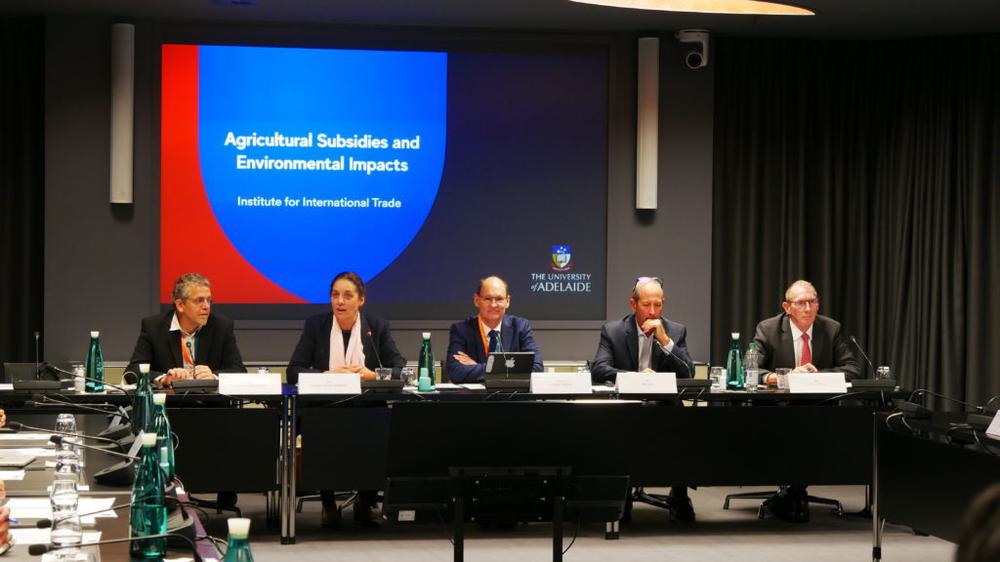The agricultural sector faces intersecting crises. Alongside the climate crisis, governments are confronted with an escalating food and energy crisis and pressures to tackle biodiversity loss. In this context, a major challenge is how to promote sustainable agriculture and food systems that ensure availability as well as access to healthy, nutritious food for all in a more resource efficient and less polluting way.
Trade and trade-related policies, including domestic support measures (subsidies), play a critical role in this equation, not least through their impacts on production and consumption patterns. Despite repeated attempts at reforming their trade and production distorting effects, agricultural subsidies have continued to grow in recent years and concentrate on a few commodities in a handful of countries. Much of this support has negative environmental impacts through effects on inputs and land use, and affects sustainable development priorities of a diverse range of countries and communities that rely on agricultural production as well as exports. Other forms of support can, however, contribute to environmental objectives by promoting a shift to sustainable production processes, carbon storage, and resilience to natural disasters or landscape conservation and restoration.
In practice, the environmental impacts of subsidies vary significantly depending on several factors and conditions, highlighting the importance of empirical analysis of these issues.
To support informed discussion in the WTO, the Institute for International Trade (IIT) at the University of Adelaide in Australia has concluded a stocktake and assessment of literature on the environmental impacts of production and trade-distorting agriculture support. The review identifies key knowledge gaps and lines of inquiry that, if adequately addressed, would strengthen the evidence base for agricultural subsidies reform and promote sustainable practices.
This roundtable discussion reviewed the study’s main findings, followed by thought-starter remarks from a number of different delegations on ‘take aways’ from the study to spur discussion. This set the scene for an interactive discussion among participants on how to shift the needle on environmentally responsible agricultural subsidy reforms. The roundtable participants were a diverse group of permanent missions to the WTO, reflecting the range of perspectives on this topic, and interested experts and stakeholders from the Geneva community or attending the WTO public forum.
Click HERE to read the stocktake report.





